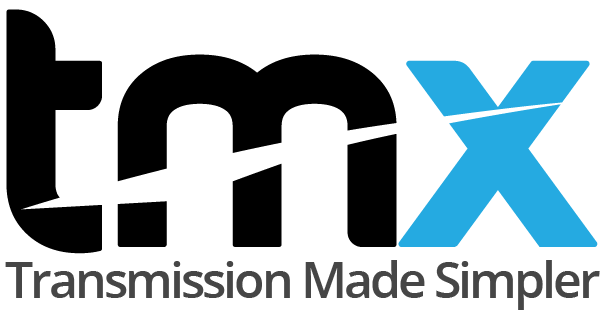Anabolic Intake: Understanding Its Importance in Muscle Development
When it comes to building muscle mass and enhancing athletic performance, anabolic intake plays a crucial role. This concept revolves around the consumption of nutrients and supplements that promote an anabolic state in the body, which is essential for muscle growth and repair.
What is Anabolic Intake?
Anabolic intake refers to the dietary strategy aimed at maximizing muscle protein synthesis while minimizing muscle breakdown. This involves consuming specific macronutrients—primarily proteins, carbohydrates, and fats—in adequate amounts to support muscle recovery and growth.
The Role of Macronutrients in Anabolic Intake
- Proteins: Essential for muscle repair and growth. Consuming high-quality protein sources like chicken, fish, eggs, and legumes is vital.
- Carbohydrates: Provide energy for workouts and replenish glycogen stores post-exercise. Whole grains, fruits, and vegetables are excellent choices.
- Fats: Necessary for hormone production and overall health. Healthy fats from sources like avocados, nuts, and olive oil should be included.
Benefits of Anabolic Intake
Implementing a proper anabolic intake can lead to numerous benefits, including:
- Enhanced muscle growth and strength
- Improved recovery time after workouts
- Increased energy levels during training sessions
- Better overall health and well-being
Timing and Frequency of Anabolic Intake
The timing of nutrient intake is just as important as the quantity. Here are some key points to consider:
- Pre-Workout Nutrition: Consuming a balanced meal or snack rich in carbohydrates and protein about 30-60 minutes before exercise can optimize performance.
- Post-Workout Nutrition: A meal or shake containing protein and carbohydrates within 30 minutes after a workout is crucial for recovery and muscle repair.
- Regular Meals: Spreading protein intake throughout the day helps maintain a positive nitrogen balance, further supporting muscle growth.
FAQs about Anabolic Intake
What foods are best for anabolic intake?
High-protein foods such as lean meats, dairy products, and legumes, along with complex carbohydrates like oats and sweet potatoes, are ideal.
How much protein do I need for optimal anabolic intake?
A general guideline is to consume approximately 1.6 to 2.2 grams of protein per kilogram of body weight, depending on your activity level and fitness goals.
Can supplements help with anabolic intake?
Yes, supplements like whey protein, creatine, and branched-chain amino acids (BCAAs) can be beneficial in achieving an adequate anabolic intake.
Conclusion
Understanding and implementing an effective anabolic intake strategy can significantly enhance muscle growth and recovery. By ANADROL 25 (VEDI PHARMA) intake focusing on the right macronutrients, timing, and frequency of intake, individuals can optimize their fitness results and overall health.



 English
English